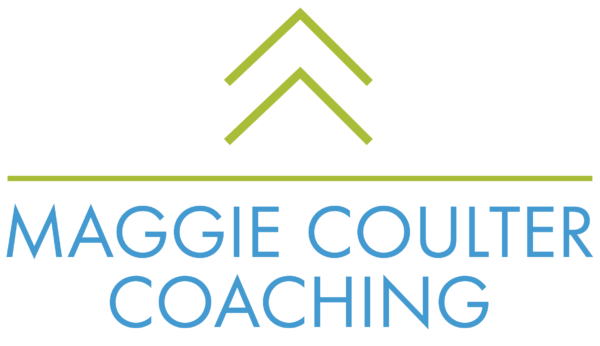Comfortably Confused: How to Navigate Work and Life Confusion for Better Outcomes
Some people welcome a new year with clear goals and intentions. I’m coming into 2020 with something even better: confusion, and lots of it. If that doesn’t sound like a good thing to you, you may not be aware of the hidden upsides of being confused and how to navigate through it to emerge wiser and open to new opportunities in your work, life and leadership.
Like many, I didn’t use to think confusion was a positive state of mind. Being confused about something – whether it’s where to live and how to afford it, understanding how to engage in healthier relationships, or knowing how to lead with confidence – can be uncomfortable. Our thoughts may spin around in our head without landing on a clear perspective, we may feel anxious or frustrated about not having the answers we seek, and we may even doubt our own perception of reality when our confusion persists over a long period.
In the old days, anything that didn’t feel good was often considered bad and was to be avoided at all costs. Fortunately, with increasing awareness around mental health and mindfulness-informed approaches to accepting how we feel without resistance, this attitude is changing. We are learning how to be with more of our emotions in any given moment, and even valuing what can be gained from this kind of self-awareness through the study and development of emotional intelligence.
A client of mine was the first to challenge my own old-school thinking about confusion. In reference to some career confusion he was experiencing at the time, he reminded himself that “confusion is the highest state of being,” according to a philosopher he’d once studied. The saying stuck with me and I turned it over and over in my mind, trying to understand further what felt inherently true. My own explanations have been clumsy so I sought an expert opinion on the subject.
he reminded himself that “confusion is the highest state of being,” according to a philosopher he’d once studied
Harvard-educated psychologist Tania Lombrozo writes that “… confusion is not itself beneficial, but rather a marker that an important cognitive process has taken place: The learner has appreciated some inconsistency or deficit in her prior beliefs. But another possibility is that confusion is itself a step toward learning — an experience that motivates the learner to reconcile an inconsistency or remedy some deficit. In this view, confusion isn’t just a side effect of beneficial cognitive processes, but a beneficial process itself.”
If we have are confused about something then, whether it be about our home, our relationships, our work or our purpose, then we are in fact perceiving something that we weren’t able to before; a newly discovered inconsistency or deficit in our beliefs. This makes way for the possibility of learning even more which then has the potential to drive new choices and action – as long as we can tolerate our thoughts and feelings associated with being confused for the moment. To this last point, Lombrozo makes an important distinction:
“So confusion is likely to benefit learning under specific conditions: when it’s related to the material you’re trying to understand, and when you have the necessary support to work through the confusion — whether that support comes from your own skills and prior knowledge or from other people or resources.”
Now, I’ve taken the liberty of stretching the definition of “material” to include the material of life itself. With the exception of big global challenges like climate change or the current political environment, most of the things we’re confused about are highly relevant and related to the material of our lives itself. We know we can’t necessarily resolve them without support of some description (even if that comes in the form of reading a book or listening to a podcast).
So, if we can come to appreciate that confusion is actually a sign of new or impending learning, how do we go about managing the often uncomfortable experience of not yet knowing what comes next? Lombrozo gives us one hint above, and that’s to seek out necessary support in the forms that make the most sense at the time (and to keep looking if an initial source doesn’t pan out).
Mindfulness is also a strong source of support for effectively being in a state of temporary confusion. By shifting our thoughts away from a still unknowable future and focusing our attention on the fullness of each present moment, we take some of the pressure off ourselves to know what we can’t know, until we’ve learned what we need to learn. We also increase our chances of learning something new based on mindful awareness of our thoughts, emotions and sensations. Setting an intention to be more mindful while we experience confusion can anchor us in and to our learning, and offset some of the inevitable anxiety that arises.
As confusing as it might seem, being confused is not necessarily a bad thing. In fact, if we can develop ways to navigate confusion well – without rushing to resolve it – we can learn something new about ourselves and our situations, make new connections and come up with new ideas and create new outcomes in our lives as a result.
So what are you confused about now, and how can you best support yourself in your confusion?
***
Curious about developing mindfulness to be more creative, even during times of confusion? Check out details for my “Leading Mindfully” workshop, or connect with me to discover how the workshop can be customized for your organization.
